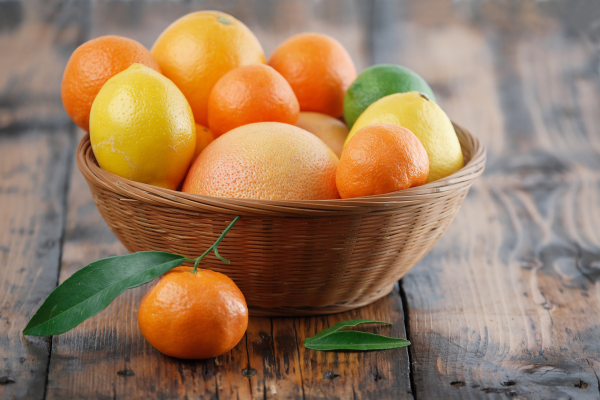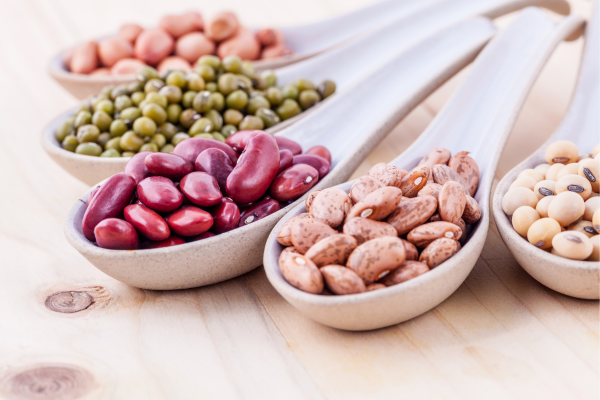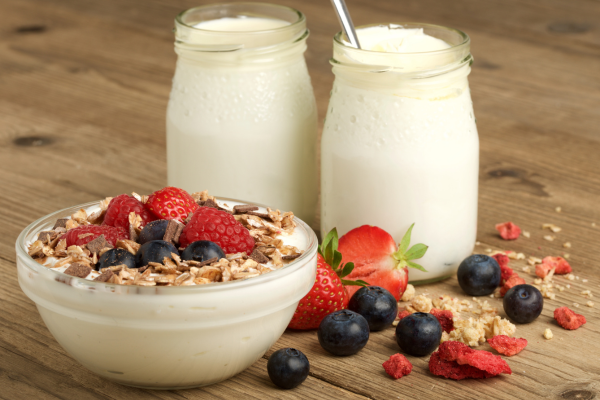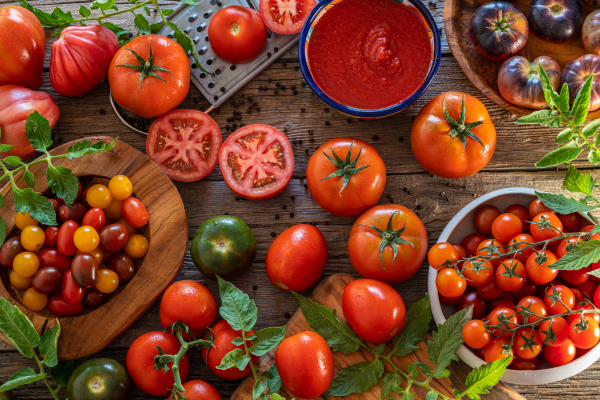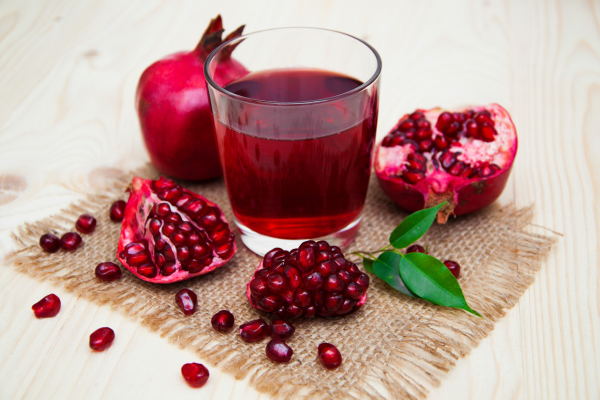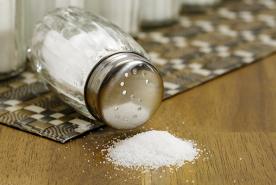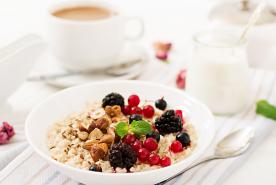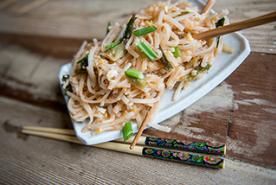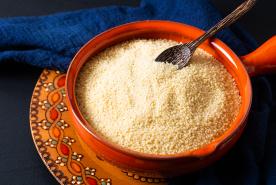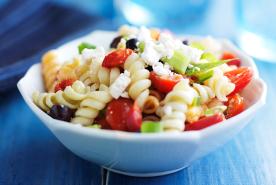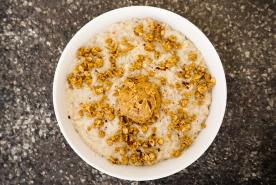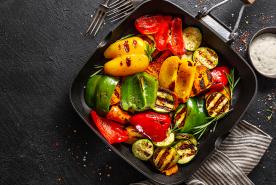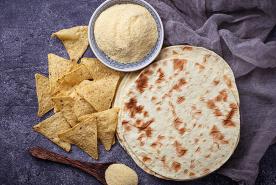May 23, 2024
With summer approaching, it's time to switch up your diet and try new recipes. Here are five foods to add to your grocery list that are as healthy for you as they are tasty.
Jump to
Everyone has different nutritional needs. Speak with a kidney dietitian or a healthcare provider before adding anything new to your diet.
1. Citrus
From tangerines to oranges, citrus comes in many different shapes and sizes.
What makes citrus fruits healthy?
- They are high in vitamin C, which is known to help the body heal.
- Citrus have pectin, a type of fiber known for helping reduce cholesterol and control diarrhea.
- They're low in calories but high in fiber, helping you feel full.
Many citrus fruits are also high in potassium. If you need to watch potassium levels, ask a kidney dietitian for guidance when choosing citrus fruits.
Grapefruits should be avoided by people who take certain blood pressure medications or have had kidney transplants. Consult your pharmacist or healthcare provider before eating them.
Learn how much potassium your favorite citrus fruit has.
2. Beans
Beans, like lentils, are part of the legume family. They are great for people with kidney disease, easy to find, and affordable.
What makes beans healthy?
- They are low-fat with no bad fats or cholesterol.
- Packed with fiber, they'll help you stay full longer and help control blood sugar after meals.
- Beans are a great source of protein, iron, potassium, and magnesium. Since beans are a plant-based food, the phosphorus and potassium from beans are not absorbed as well as the phosphorus and potassium from animal sources or phosphate and potassium additives.
Get a three-bean salad recipe that is perfect for summer picnics.
3. Yogurt
Yogurt is an incredibly versatile product that can be enjoyed on its own or incorporated into sweet and savory dishes. Since you can choose from plant or dairy products, there is a type of yogurt for everyone.
What makes yogurt healthy?
- It's full of probiotics, which may help the digestive and immune systems.
- Yogurt has Vitamin B12. B12 may help nerves function and improve heart health.
- A 6 oz serving contains an average of 6 to 15 grams of protein.
Cool off with this strawberry and chocolate frozen yogurt bark.
4. Tomatoes
Tomatoes come in many varieties and can be grown in your garden during spring and summer. Enjoy them raw, incorporate them into sandwiches and salads, or cook them into a savory side dish or sauce. They are a tasty and healthy addition to your diet.
What makes tomatoes healthy?
- They're a great source of vitamins A and C.
- Tomatoes have lycopene and beta-carotene, powerful antioxidants that may reduce inflammation.
- Full of fiber, tomatoes may help improve bowel movements.
Since tomatoes are high in potassium you need to work with a kidney dietitian to safely incorporate them into your diet.
Get a marinara sauce recipe with tips to reduce potassium or increase protein.
5. Pomegranates
You'll love pomegranates if you enjoy a mixture of sweet and tart flavors. They don't just taste good. They're great for your health.
What makes pomegranates healthy?
- They have three times the amount of antioxidants than green tea.
- Pomegranates are high in folate and vitamins K, E, and B6.
- Half of a pomegranate provides around 5.5 grams of fiber.1
Pomegranates are high in potassium but low in phosphorus and sodium. The amount you should eat depends on your kidney disease stage or dialysis type.
Get a pomegranate brûlée recipe.
Find More Superfoods
View our kidney superfoods or get more kidney-friendly recipes.
*This content is provided for informational use only and is not intended as medical advice or as a substitute for the medical advice of a healthcare professional.
Source
1“Fooddata Central Search Results.” FoodData Central, fdc.nal.usda.gov/fdc-app.html#/food-details/169134/nutrients. Accessed 23 May 2024.

